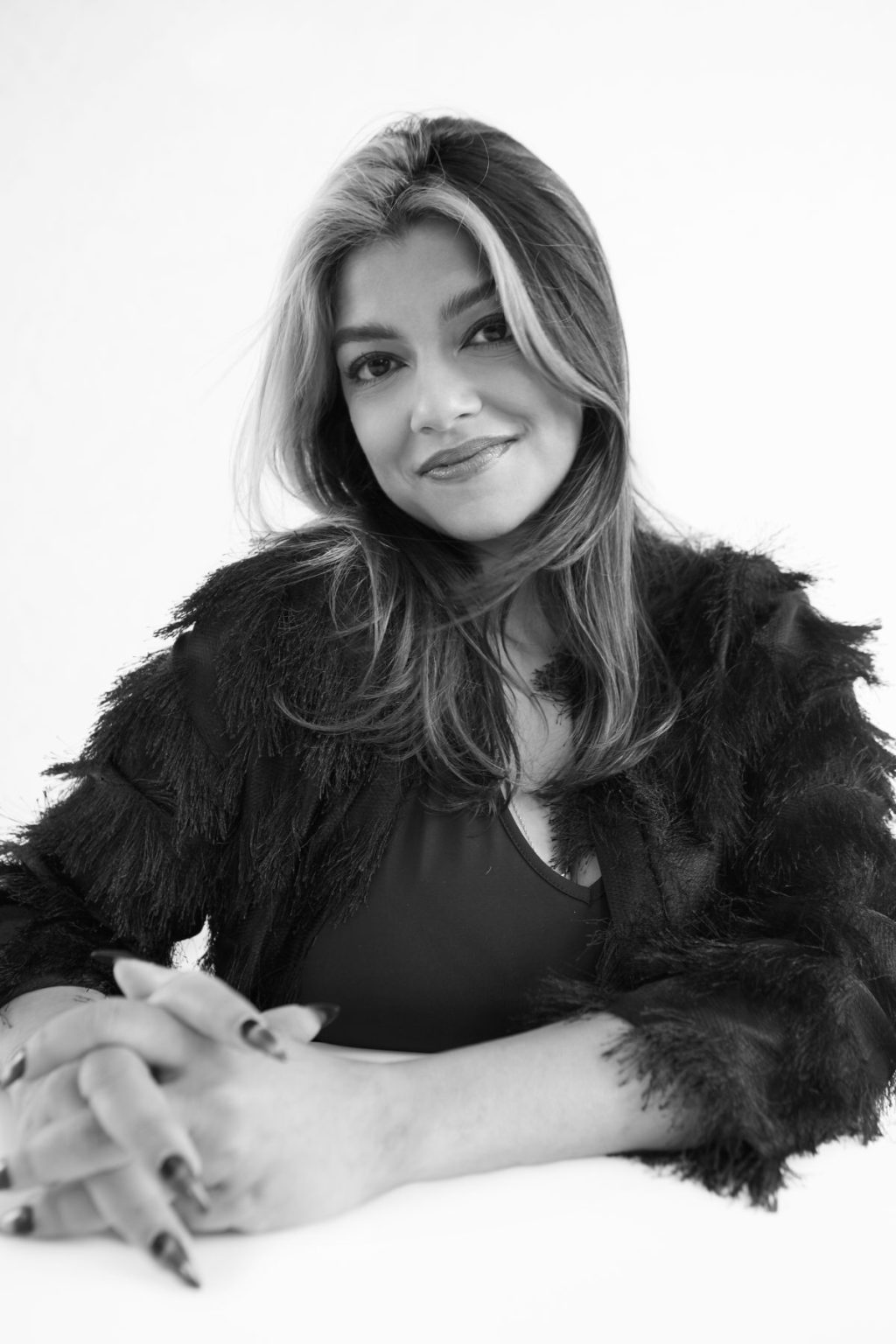[ad_1]
When Holly Block, the former director of Bronx Museum of the Arts, died at age 58 in 2017, the New York art world went into a period of mourning. “She refused to bow to preconceived notions of what an art museum—particularly one in the Bronx—could or should be,” Thelma Golden, the director of the Studio Museum in Harlem, told ARTnews at the time. Block’s advocacy for the Bronx, long a borough that had been considered outside the view of the mainstream art world in Manhattan, proved inspirational to many—and effectively made the Bronx Museum a destination.
Now, Block’s legacy lives on at the institution in the form of a curatorial position in her name. The next person to hold that position, the museum has revealed, is Jasmine Wahi, the founder and co-director of Project for Empty Space in Newark, New Jersey, which has accumulated a cult following. Wahi will be now be the Bronx Museum’s Holly Block Social Justice Curator, effective immediately. It is the first significant hire the museum has made since its last director, Deborah Cullen-Morales, abruptly departed in December after just 18 months on the job.
On the subject of Block, who was director of the Bronx Museum from 2006 to 2017, Wahi told ARTnews, “Her impact and her reach were really widely felt. What she did, both for the community in the Bronx and for artists, was really fantastic. I can only hope that I can live up to [her] legacy of creating equity and visibility for artists, audiences, and the social issues we may not have talked about historically in art.”
Wahi founded Project for Empty Space in Newark in 2010 with Meenakshi Thirukode. From humble beginnings in a city that is not widely known for its art scene, Project for Empty Space has developed a following in the New York art world—artist Derrick Adams and critic Antwaun Sargent sit on its board, and the space recently mounted Wahi and Rebecca Jampol’s exhibition “Abortion Is Normal,” which came to New York in an expanded form and included work by Marilyn Minter, Nan Goldin, Carrie Mae Weems, Shirin Neshat, and others.
Wahi said she sees a parallel between her work in Newark and her new post in the Bronx. “A city like Newark that has been predominantly a city of color and outside the mainstream has a stigma,” she said. “I feel it gives me a bit of insight into working in the Bronx, which is also a city mainly made up of people of color from all different backgrounds. That is the appeal for me, and that is also what gives me the experience with people who are beyond just the art world. I’m really hoping to make an impact at a wider community level.”
[ad_2]
Source link

